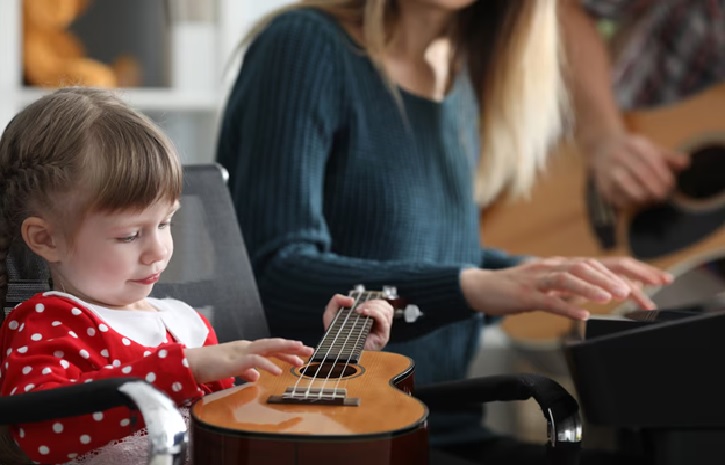
Music plays a vital role in a child’s development, offering benefits that extend far beyond just musical skills. Choosing the right music lessons for your child is crucial to ensure they receive proper guidance and support in their musical journey.
Understanding the Importance of Kids’ Music Lessons
Kids’ music lessons go beyond teaching melodies and rhythms. They enhance cognitive abilities, improve academic performance, foster creativity, and promote emotional well-being. Research shows that children exposed to music at a young age develop better language skills, spatial intelligence, and enhanced social skills.
Factors to Consider When Choosing Music Lessons
When selecting kids music lessons, several factors should guide your decision:
1. Teacher Expertise and Qualifications
The qualifications and experience of the music teacher are paramount. Look for instructors with a background in music education, experience working with children, and a passion for teaching. A skilled teacher can inspire and motivate your child while ensuring they receive proper instruction tailored to their learning style.
2. Curriculum and Approach
Evaluate the curriculum offered by the music school or instructor. It should be well-rounded, covering music theory, technique, repertoire, and opportunities for performance. A balanced approach that includes both structured lessons and creative exploration will keep your child engaged and enthusiastic about learning music.
3. Age-Appropriate Programs
Ensure that the music lessons are age-appropriate for your child. Younger children may benefit from programs that incorporate play-based learning and interactive activities to introduce musical concepts gently. Older children may be ready for more structured lessons that delve deeper into music theory and advanced techniques.
4. Instruments and Resources
Check the availability of instruments and resources needed for the lessons. The music school should have appropriate instruments in good condition for your child to practice on during lessons. Access to supplementary materials such as sheet music, recordings, and practice tools can enhance the learning experience.
5. Flexibility and Scheduling
Consider the scheduling options offered by the music school or instructor. Flexible scheduling ensures that the lessons fit into your child’s routine without causing undue stress. Additionally, inquire about makeup lesson policies in case of unavoidable conflicts or absences.
Benefits of Different Types of Music Lessons
Different types of music lessons cater to varying interests and developmental stages:
1. Piano Lessons
Piano lessons are popular for young children as they provide a strong foundation in music theory and develop fine motor skills. Learning the piano enhances hand-eye coordination and discipline while fostering a love for classical music and other genres.
2. Violin or String Instrument Lessons
String instruments like the violin offer children opportunities to develop ear training, pitch recognition, and ensemble skills. These lessons promote concentration, patience, and perseverance through mastering techniques and repertoire.
3. Guitar Lessons
Guitar lessons appeal to children interested in contemporary music styles. Learning the guitar improves coordination, rhythm, and listening skills. It encourages creativity through songwriting and improvisation, making it an excellent choice for budding musicians.
4. Voice Lessons
Voice lessons enhance vocal technique, breathing control, and stage presence. They help children express themselves through singing while boosting confidence and self-esteem. Voice lessons also improve auditory skills and pitch accuracy.
Conclusion
Choosing the best music lessons for your child involves thoughtful consideration of their interests, learning style, and developmental needs. By selecting qualified instructors, age-appropriate programs, and fostering a supportive learning environment, you can enrich your child’s life through the joy and benefits of music education.
